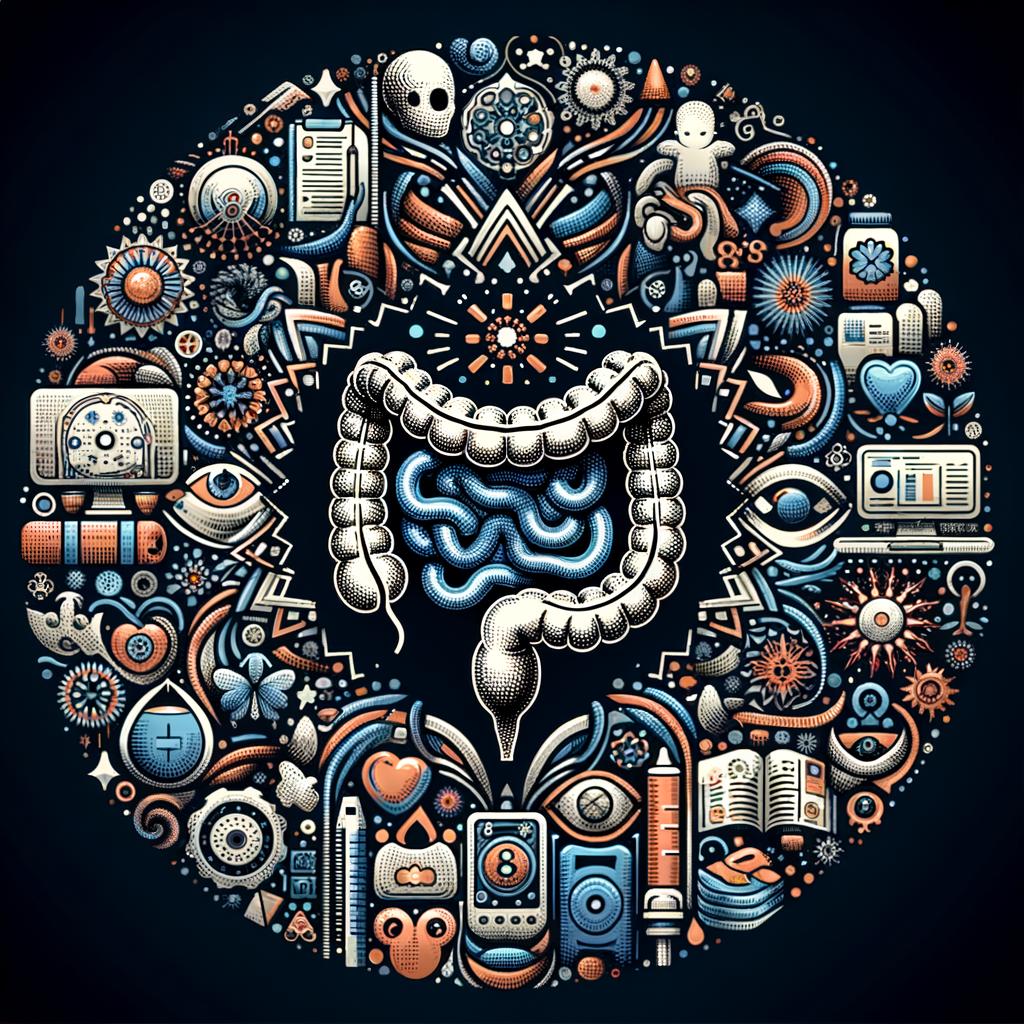
Colon Cleanse and Pregnancy: What You Need to Know
An intriguing query traversing the minds of many is, “Can you get a colon cleanse when pregnant?” The short and simple response to this question is, it is usually not recommended. Embarking on a colon cleanse during pregnancy could lead to various complications. This article will shed light on various aspects of this issue, delving into detail regarding why cleanses during pregnancy are generally discouraged, along with possible risks and preventive measures.
Can You Get A Colon Cleanse When Pregnant?
Colon cleansing during pregnancy is generally not recommended due to potential risks to both the mother and the fetus. Colon cleansing can stimulate premature uterine contractions, leading to preterm labor, and may cause pH and ionic balance disturbances, resulting in digestive issues for the pregnant woman. Additionally, the process can lead to dehydration, abdominal bloating, and could potentially harm fetal health.
The procedure also risks causing injuries to the colon and rectum due to the insertion of equipment, and altering the body’s electrolyte levels, which can increase the risk of kidney and liver problems. Instead of colon cleansing, pregnant women are advised to maintain good colon health through safer methods, such as staying hydrated, eating a fiber-rich diet, engaging in mild exercise, and consulting a healthcare provider for appropriate treatments for any digestive issues.
The Basics of a Colon Cleanse
Before we delve into the specifics about colon cleanse and pregnancy, it’s valuable to understand what a colon cleanse is. The idea behind a colon cleanse, also known as colon therapy, is to flush out accumulated waste in your colon. This is generally accomplished either by consuming specific products or by using a hose to inject water into the colon. While it may seem like a straightforward solution to constipation and bloating, it’s not always as benign as it sounds.
The Purpose and Risks of Colon Cleanses
The primary goal of a colon cleanse is to assist the body’s natural waste elimination process. Despite this, colon cleansing is not universally regarded as beneficial or even safe. Potential side effects can include dehydration, electrolyte imbalances, and in some cases, even infection or perforation of the colon. Needless to say, any potential benefits of a colon cleanse should always be weighed against these potential risks.
Pregnancy and Colon Cleanse: Why It’s Generally Not Recommended
The issue of whether to undergo a colon cleanse when pregnant becomes a bit like comparing apples and oranges. Pregnancy is a time of heightened vulnerability both for the mother and for the developing fetus. Matters such as dehydration, loss of vital nutrients, or exposure to harmful bacteria become potentially hazardous. Specifically, dehydration, which is a common side effect of colon cleansing, could lead to premature contractions and, resultingly, preterm labor.
Potential Dangers of Colon Cleanses During Pregnancy
To put it metaphorically, performing a colon cleanse during pregnancy can be like walking on a tightrope over a potentially perilous pit. Losing balance in the form of crucial nutrients and hydration not only endangers the mother but also the unborn baby. Moreover, colon cleanses can potentially unbalance the gut’s natural bacteria, which are essential for digestion and immunity. This could result in digestive issues and increased vulnerability to disease.
Preventive Measures: Safer Alternatives to Colon Cleanses
As the old saying goes, ”an ounce of prevention is worth a pound of cure”. Given the potential risks, it is better to explore safer alternatives than to contemplate a colon cleanse during pregnancy. Regular exercise and staying hydrated can aid digestion and prevent constipation. Consuming a fiber-rich diet can also ensure smoother bowel movements, and probiotic foods can promote healthier gut flora.
Listening to Your Body and Consulting Professionals
A baby on the way, much like a new dawn, demands acute vigilance and mindful care. Pregnancy changes your body, and it grows to accommodate the new life within you. Listening to your body’s needs and checking in with a healthcare professional can go a long way in avoiding unnecessary risks like a colon cleanse during pregnancy. Speaking to a registered dietitian or your OBGYN about ways to manage digestive issues can provide personalized and safe strategies.
Conclusion
In essence, pregnant women are generally advised against colon cleanses due to the potential risks associated with this process. Listen to your body, embrace healthy habits and seek professional advice when in doubt. Digestive issues during pregnancy are common but can usually be managed safely, without needing to resort to methods such as colon cleansing.
Frequently Asked Questions
1. Can I use herbal colon cleanses while pregnant?
Herbal colon cleanses are not recommended during pregnancy due to potential risks such as dehydration and malnutrition, which can impact both the mother and baby.
2. Are there any safe detox methods to use while pregnant?
Pregnancy is not the best time to consider detox regimens. Instead, focus on maintaining a healthy diet and staying hydrated. Consult with a healthcare professional for personalized advice.
3. Will a colon cleanse help with bloating during pregnancy?
While a colon cleanse may temporarily relieve bloating, the potential risks typically outweigh the benefits. Safer remedies include a diet rich in fiber and staying active.
4. Can a colon cleanse trigger contractions?
Dehydration, a common outcome of colon cleanses, has the potential to trigger premature contractions and potentially lead to preterm birth.
5. Can I consider a colon cleanse after childbirth?
The postpartum period still necessitates extra care as your body recovers. If considering a colon cleanse after childbirth, it is best to consult with a healthcare professional first.


